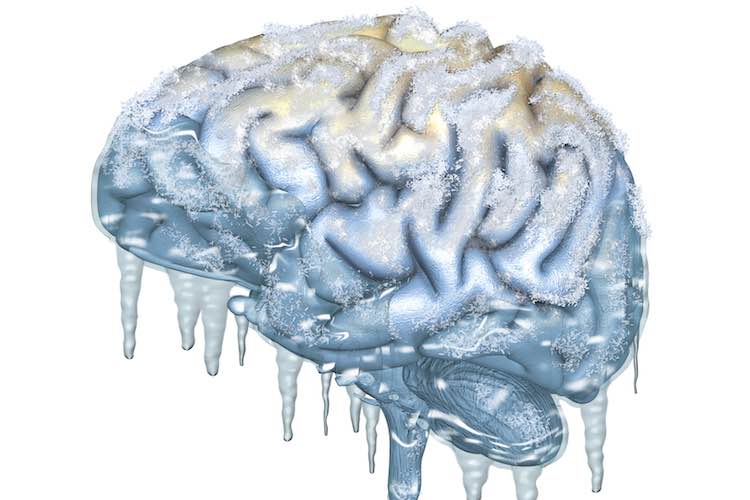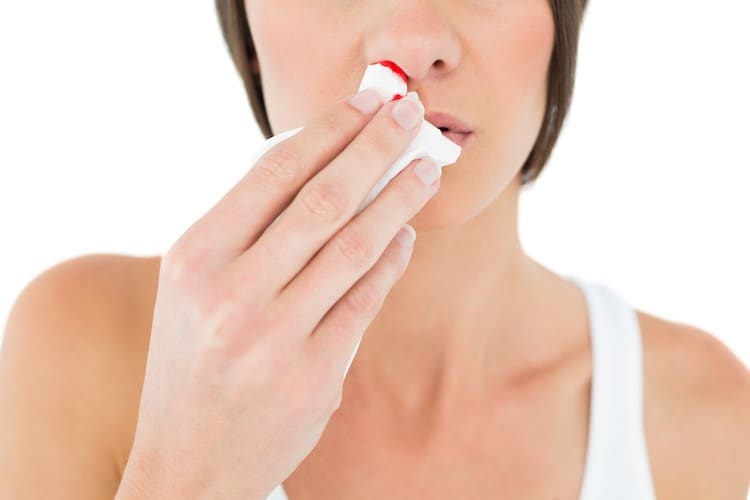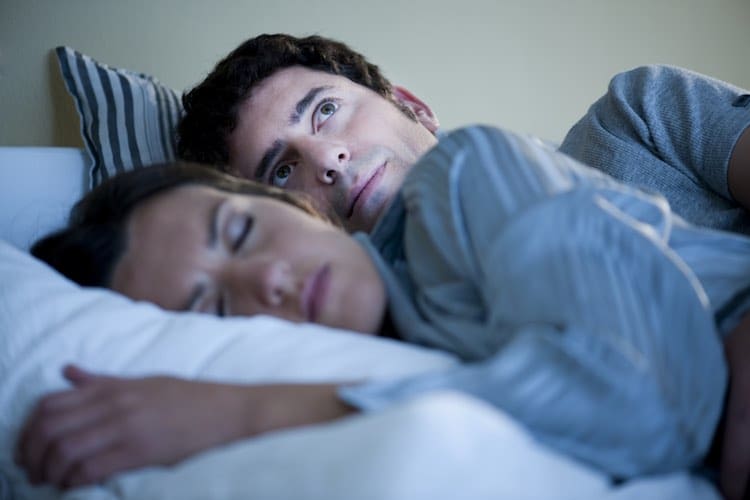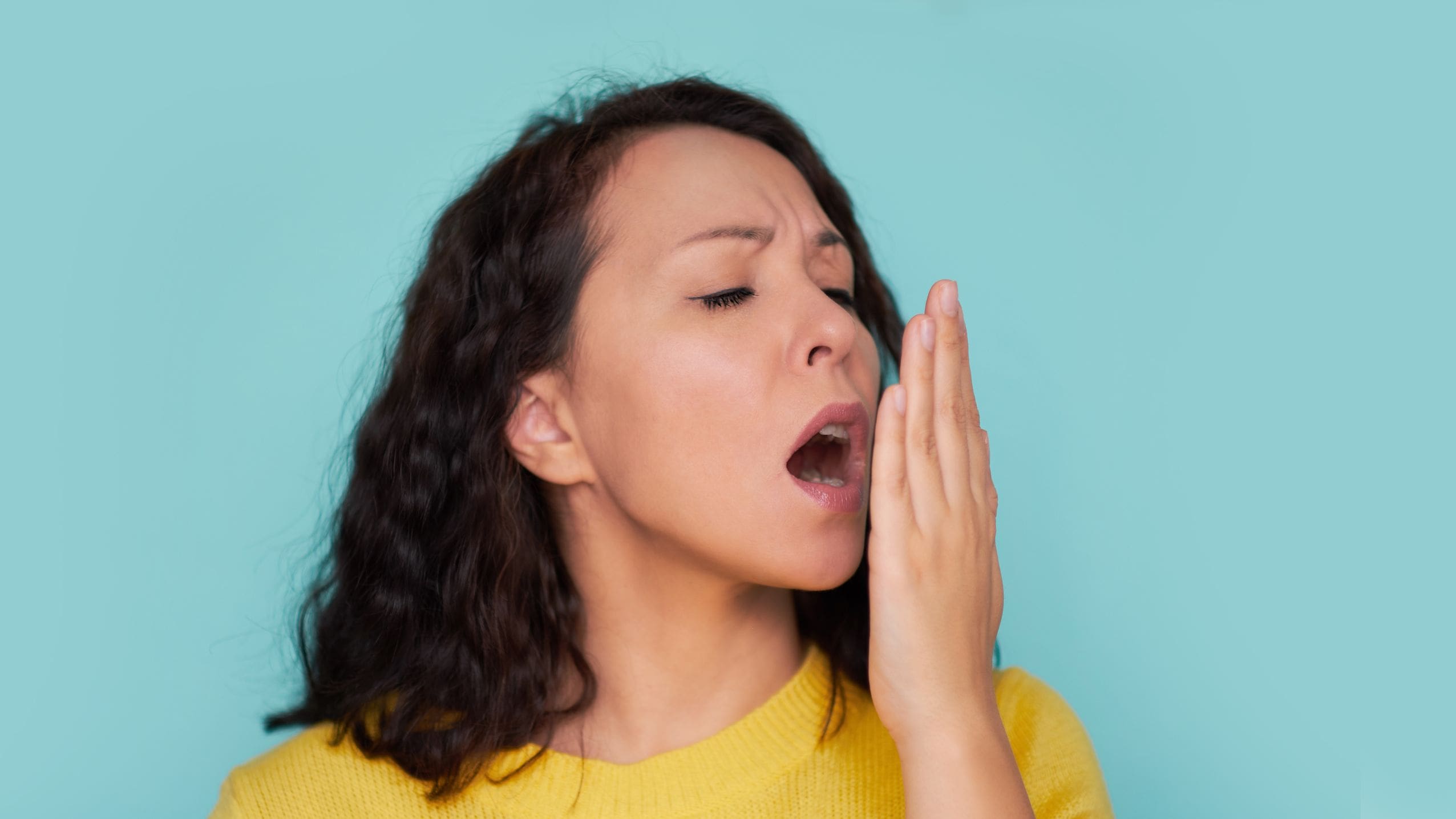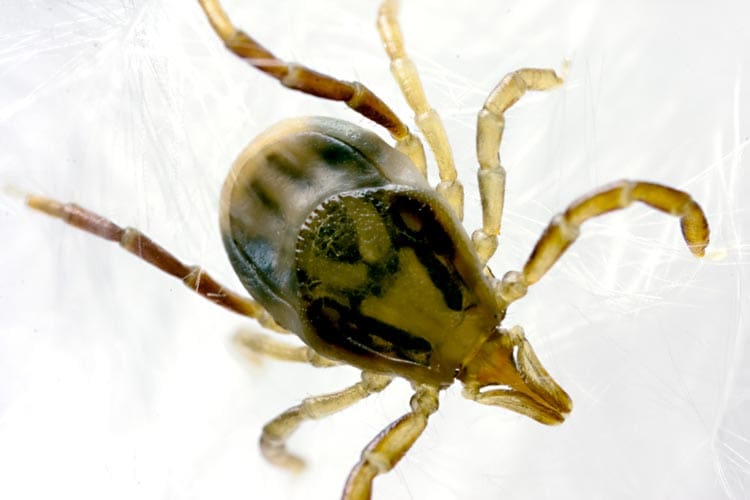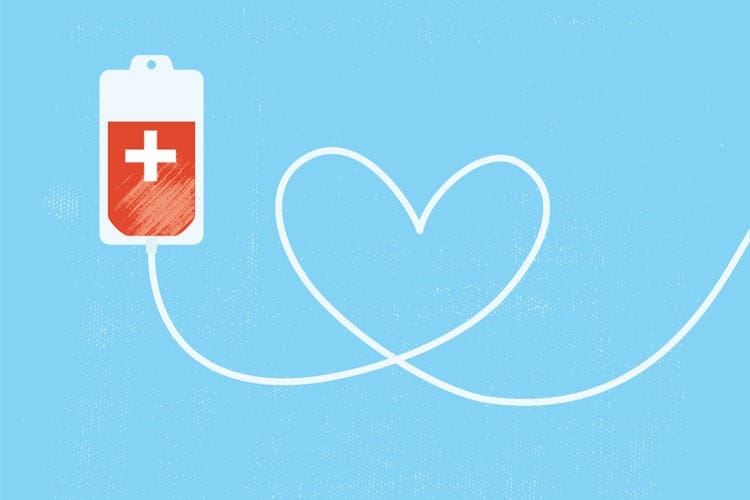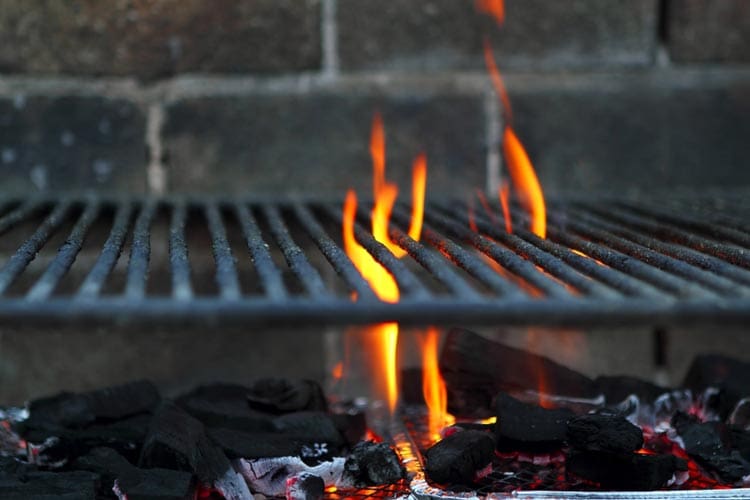Ice cream headaches are short severe stabbing headaches that come on quickly after eating or drinking something cold.
First Aid and Self-Care
Nosebleeds
What causes nosebleeds? How can I prevent them? What first aid measures can I use to stop a nosebleed? Find out here.
Sleep: what happens to your body
Find out what happens to your body when you are asleep. Sleep has 2 distinct phases: REM and non-REM sleep.
Chickenpox in adults
For those adults who didn't catch chickenpox in childhood, or who haven't been vaccinated, an attack of chickenpox can produce serious, sometimes lethal, complications.
Insomnia
Insomnia (not sleeping) is a problem that most people experience at some time or another. Find out more about insomnia and how to cope with difficulty sleeping.
Bad breath (halitosis)
Most bad breath (halitosis) originates in the mouth and is caused by the breakdown of food by bacteria. Bad breath is especially common first thing.
Tick removal: First aid and prevention
Tick removal techniques that use tweezers run the risk of squeezing the tick – doctors now recommend freezing the tick while it's on the skin to avoid allergic reactions and tick-related illnesses.
Blood donations
Are you eligible to donate blood? What are blood donations used for? What happens during a blood transfusion? Answers to common questions about blood donations and transfusions.
Burns: how to treat
A burn is an injury to the body's tissue resulting from heat, chemicals, electricity or sunlight. Read about first aid for burns.
Obstructive sleep apnoea
Obstructive sleep apnoea happens when the muscles at the back of the throat relax and block the airways during sleep. Symptoms include snoring and waking up with a sensation of choking or gasping.

